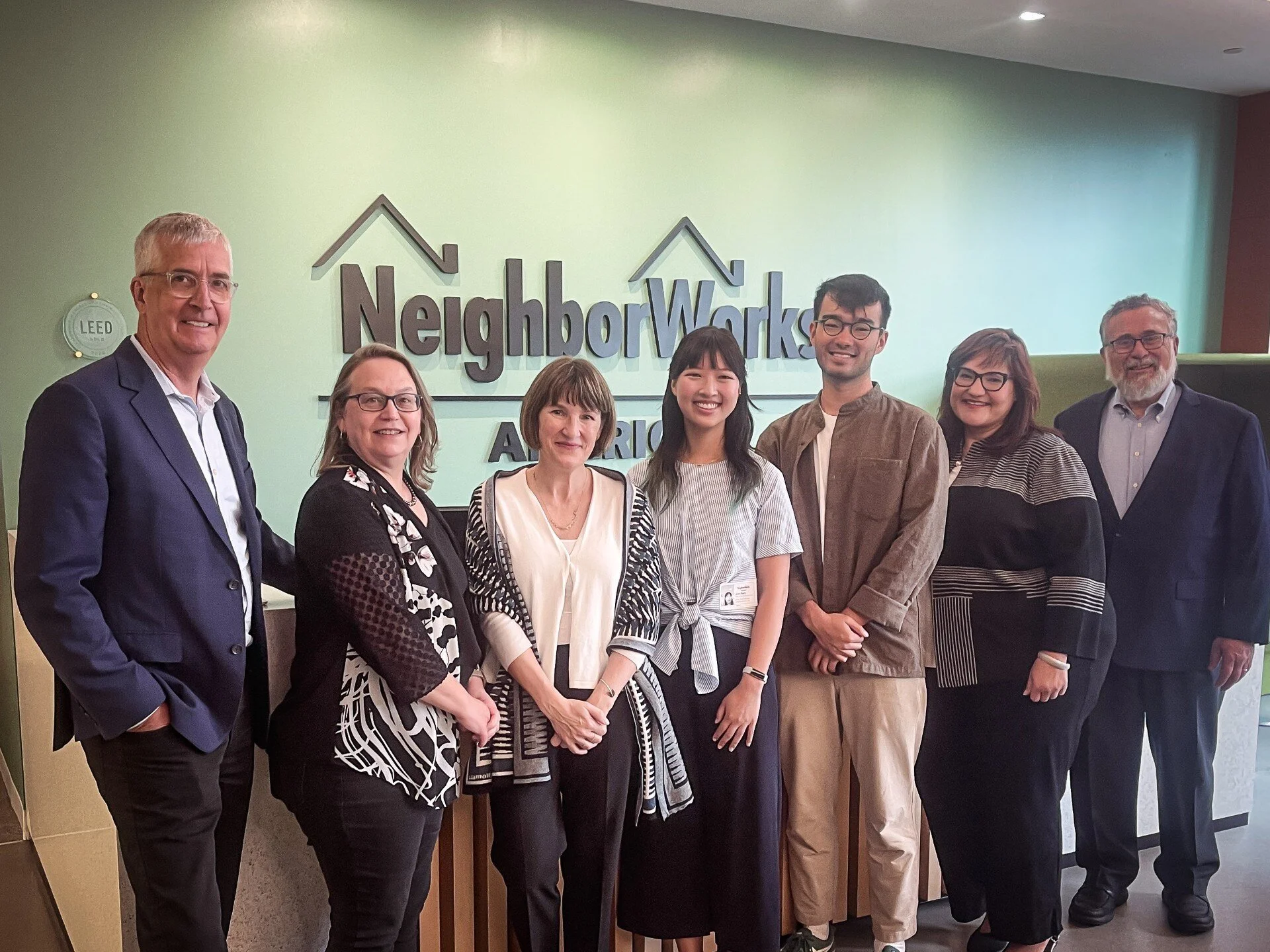
How do you keep humanity at the center of an increasingly virtual world?
You talk the talk.
The Challenge
For board members spanning 60 organizations, the onset of COVID-19 transformed how leadership and governance were practiced. Meetings shifted online, hybrid work became the new norm, and health and wellness challenges introduced constant uncertainty. In this environment, tensions surfaced more easily, conflicts were harder to navigate, and opportunities were often clouded by stress and disconnection. What boards needed was not just technical adaptation to virtual tools—but a shared language and capacity to engage one another in deeply human ways.
Our Role
Humanature began by centering the participants and their organizations in its most essential asset: shared humanity. Drawing on the sciences of human development, learning, and performance, we identified the moments where dehumanization could occur—in everyday operations, in high-stakes governance decisions, and even in the subtle ways expectations are set between peers. We then provided simple, practical design tools to help board members anticipate these moments and respond constructively.
This included equipping them with models and frameworks to spot patterns of dehumanization and with techniques to address them in real time. Beyond interpersonal dynamics, we introduced approaches for long-term decision-making—using project management, forecasting, and scenario planning to embed more human-centered practices into governance structures. We also supported the board’s evolution toward today’s DEIB standards, helping them build trust without falling into zero-sum tradeoffs that can undermine well-being.
The Outcome
Board members left with new language, models, and techniques to guide how they lead, govern, and collaborate—tools that strengthened their ability to manage conflict, address equity, and seize opportunities with clarity and care. In a time when many boards struggle to reflect or identify with the communities they serve, this work helped leaders reframe governance as an act of humanity, giving them both permission and practical tools to center people in everything they do.


